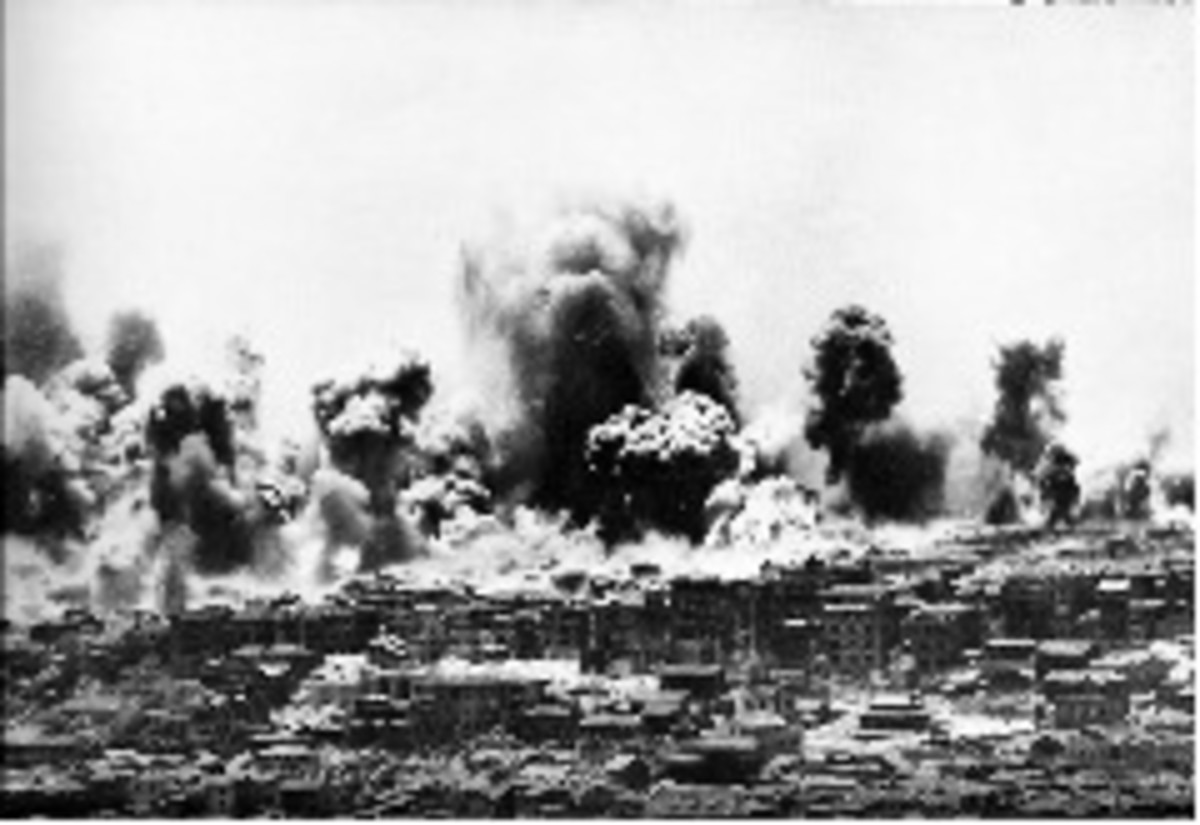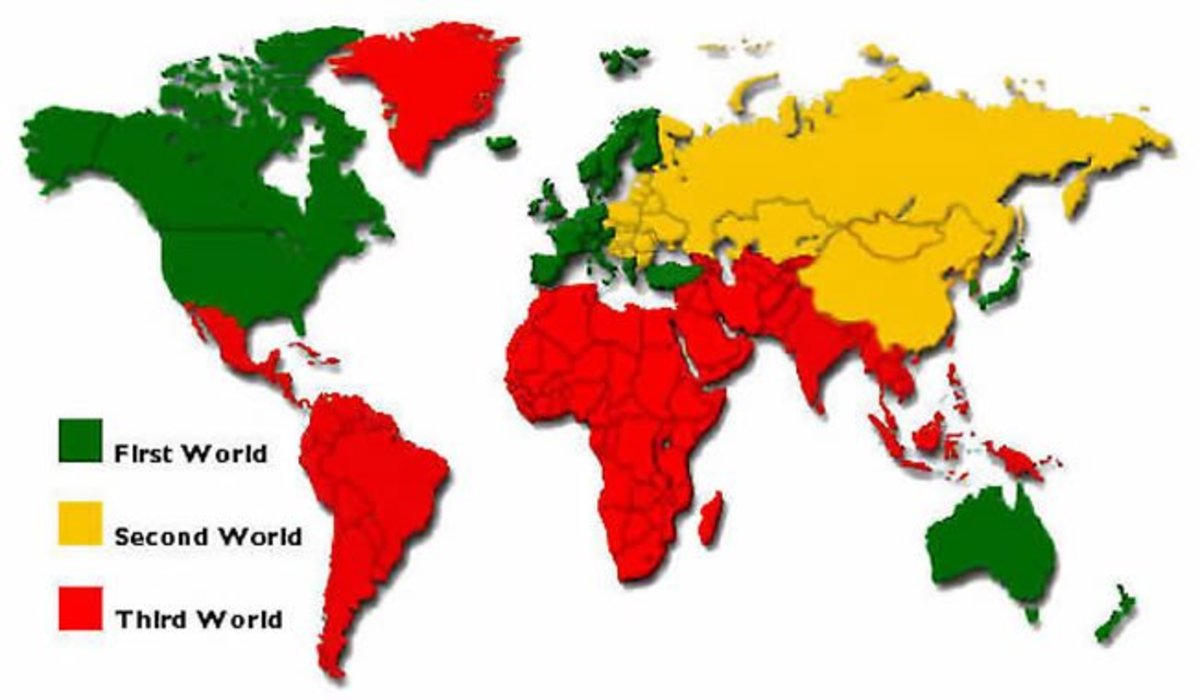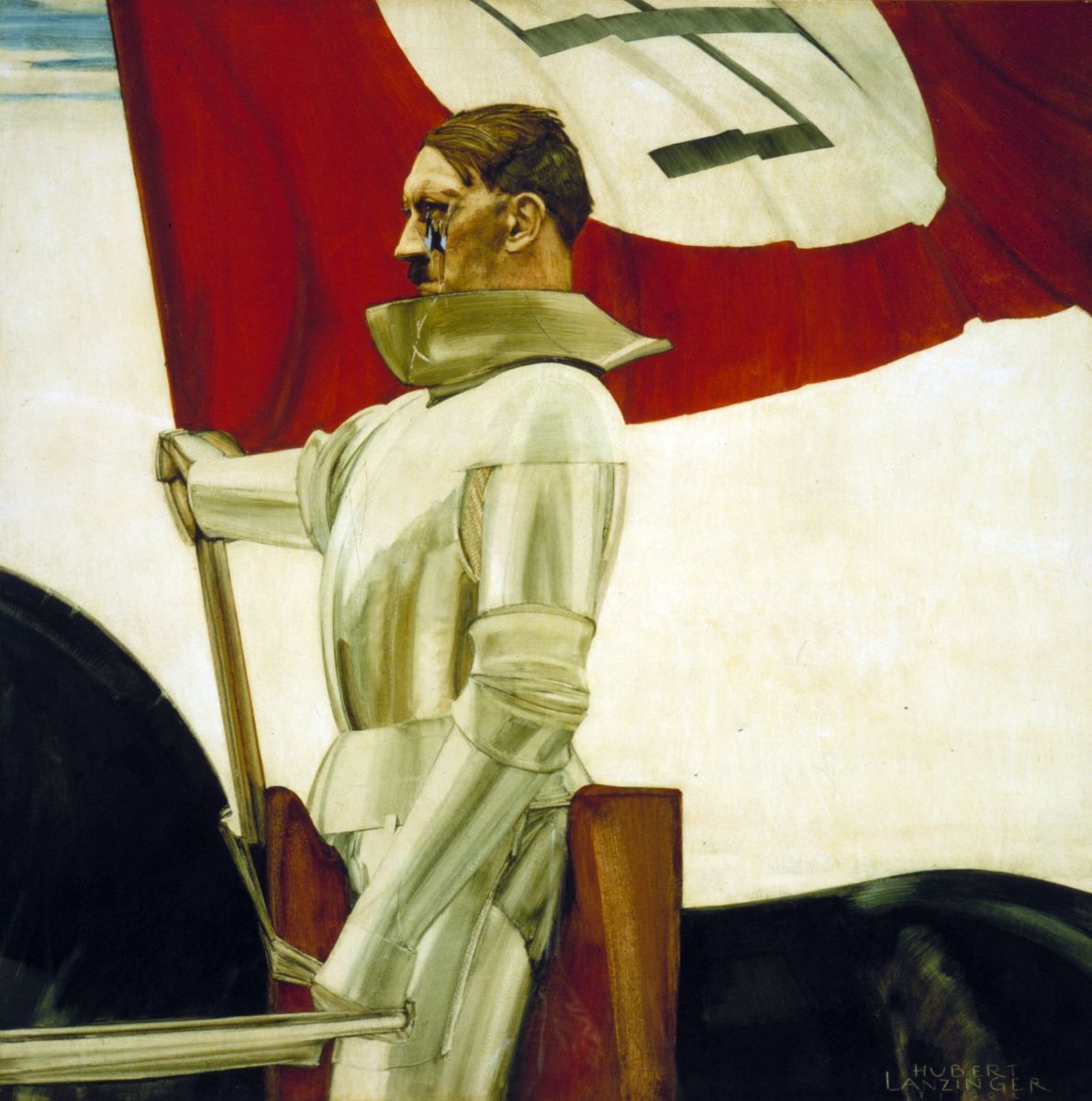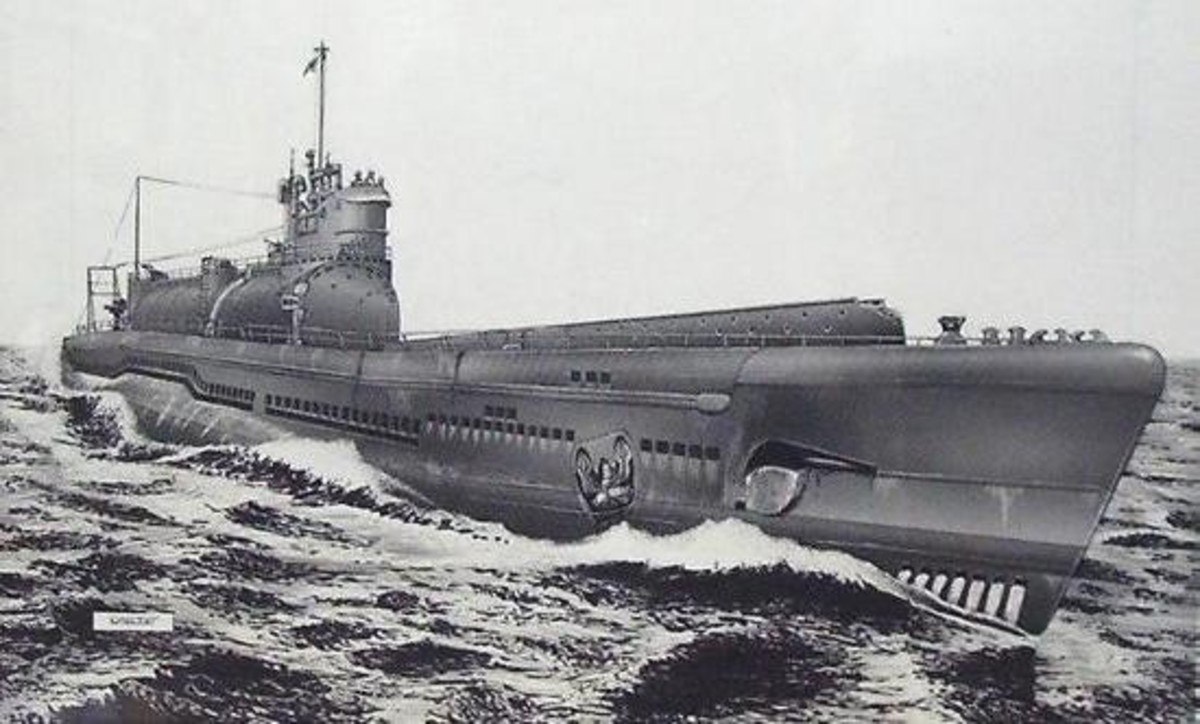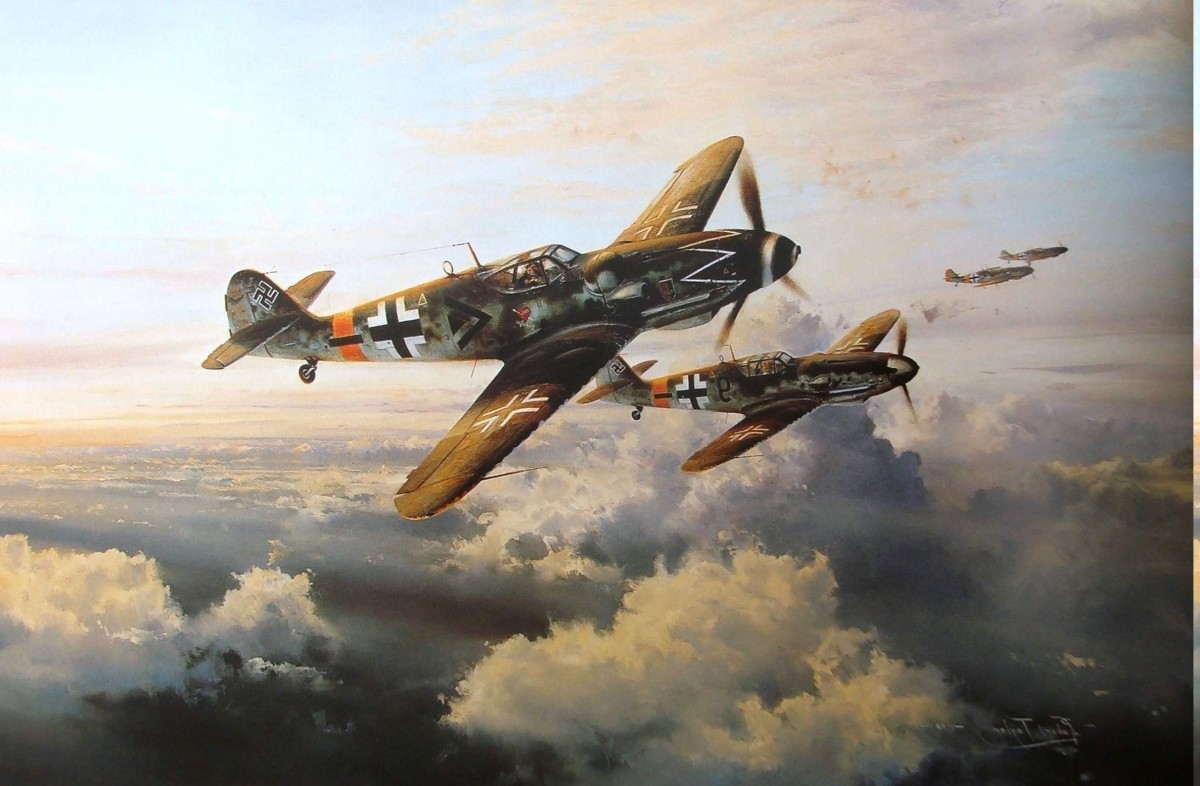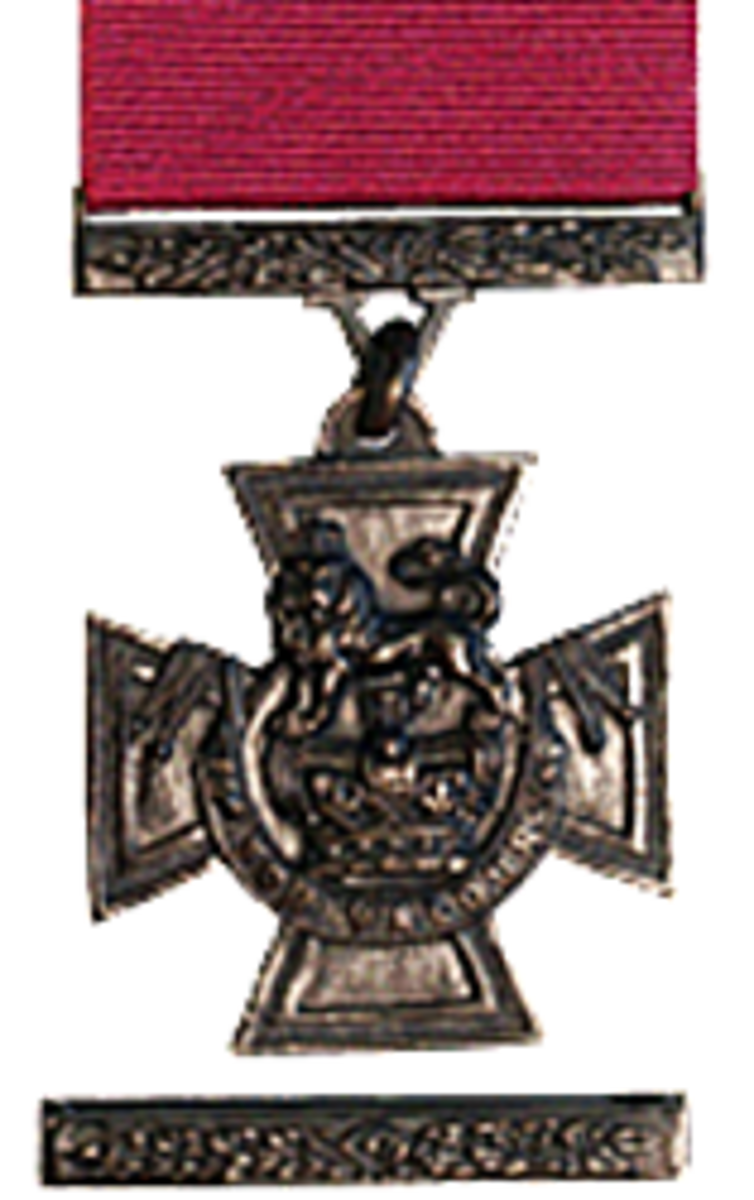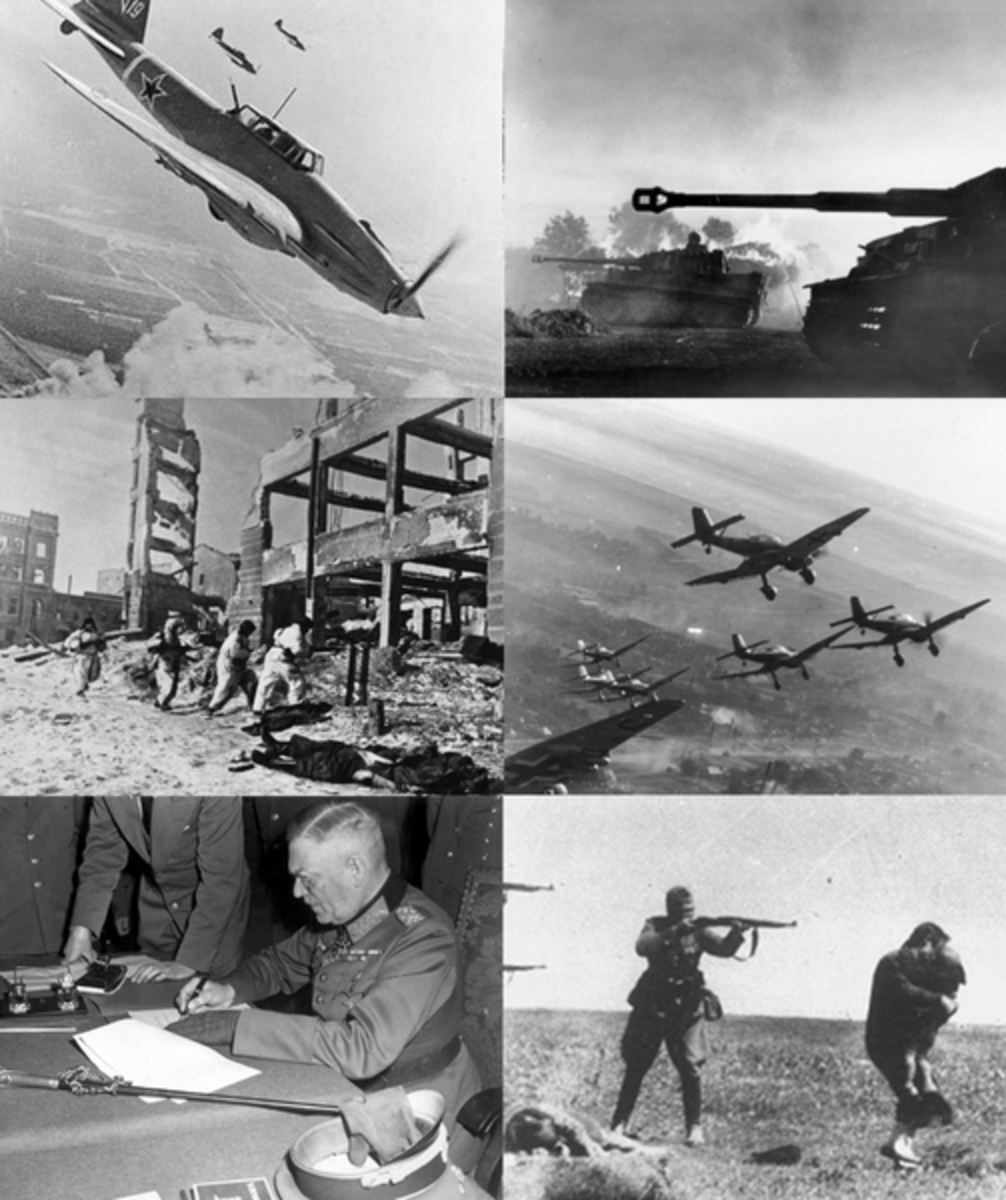- HubPages»
- Education and Science»
- History & Archaeology»
- History of the Modern Era»
- Twentieth Century History
GENESIS OF SECOND WORLD WAR
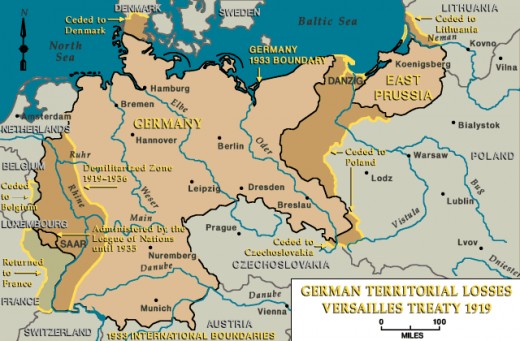
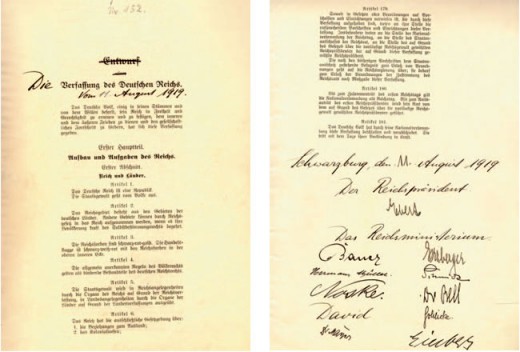
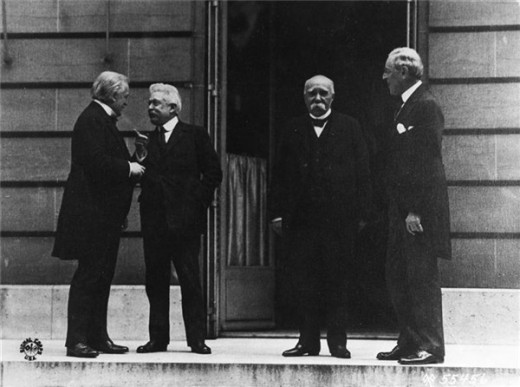
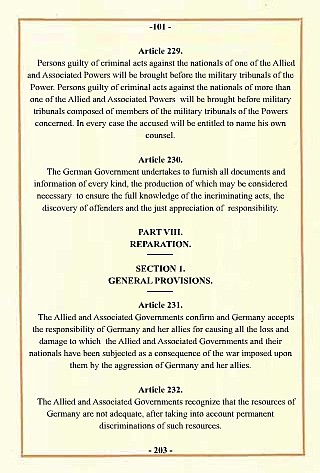
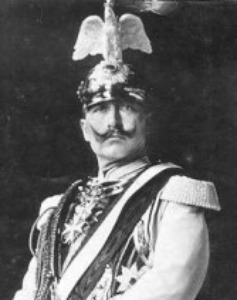
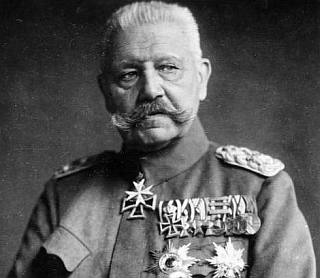
GENESIS OF SECOND WORLD WAR
Following the First world war, the Hohenzollern dynasty’s control of the German empire greatly weakened by October 1918. This became worse after the naval mutiny at Keil and as this rebellion rapidly spread to cities like Hamburg, Bremen, Lubeck, Munich, Frankfurt, Cologne and Leipzig, Kaiser William II was forced to seek armistice. On November 9, 1918, he abdicated the throne, paving the way for the emergence of Social Democratic Party. In February 1919, the national assembly met at Weimer and a new constitution was framed resulting in the formation of the Second Republic. Germany became a federal republic. Members to RIECHSTAG were elected by a direct vote by all those who were above twenty years of age and adopted the principle of proportional representation.
Despite the emergence of a democracy, the Germans were very discontented. The treaty of Versailles, which brought the First World War to an end, was looked upon by many as a great humiliation. This was on account of very stringent terms, which were incorporated in the treaty. They were as follows:
FRONTIERS
- Germany lost Alsace-Lorraine to France
- The Polish Corridor split Germany into two.
- The SAAR coalfields were handed over to France for a period of 15 years
- Memel was handed over to Lithuania
- Upper Silesia was handed over to Poland and Czechoslovakia
- German ‘Sudetenland’ was placed under Czech rule.
- All German colonies were placed under the mandate of victorious allies who shared it among themselves.
DISARMAMENT
- Rhineland was de-militarized, which meant that no German troops were to be placed 30 miles to the east of Rhineland and this was intended to be implemented for the next fifteen years.
- The German army was cut to have only one lakh troops and there was to be no general staff.
- National service was stopped and there was no trained reserve. With regard to arms and ammunitions, the German army would no longer have tanks, aircrafts, heavy guns or battleships.
- Germany was to pay heavily for the war damages caused to the Allies and their property.
- Plans were made to put the Kaiser on trial for war crimes but which was dropped following the objections of the Dutch government.
All this created the right atmosphere for turmoil and discontent. This was compounded by the great depression of the 20’s which hit Germany really hard. The German economy tottered and the health of the republic was fragile owing to the emergence of too many political parties with no clear majority in the Reichstag. Political uncertainty was largely due to the non-cooperation of parties like the communist and social democrats amongst themselves and this affected the German economy and the people at large. The German economy was in such a bad shape that the mark became almost worthless in its value during these critical years. Though Hindenburg one of the most successful generals of Kaiser and greatly respected by all Germans was at the helm, he could nothing to save the situation.
This situation convinced the people that no mild remedies would suffice and that someone with very firm ideas and firmness was needed to save Germany. This was the situation which Adolph Hitler tried to capitalize. As a wounded First World War soldier he felt that Germans got a very raw deal by the treaty and German pride was hit by the humiliating treaty. He poured all his anger, anguish and ambitions in the book ‘Mein Kampf’ which later became a blue print for the setting up of Nazi Germany.

